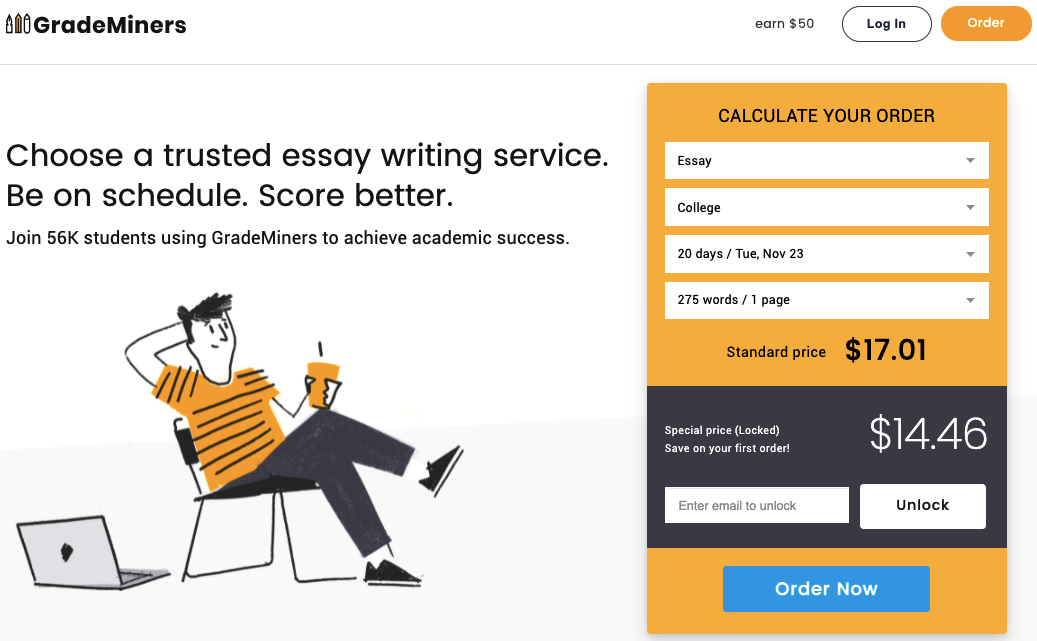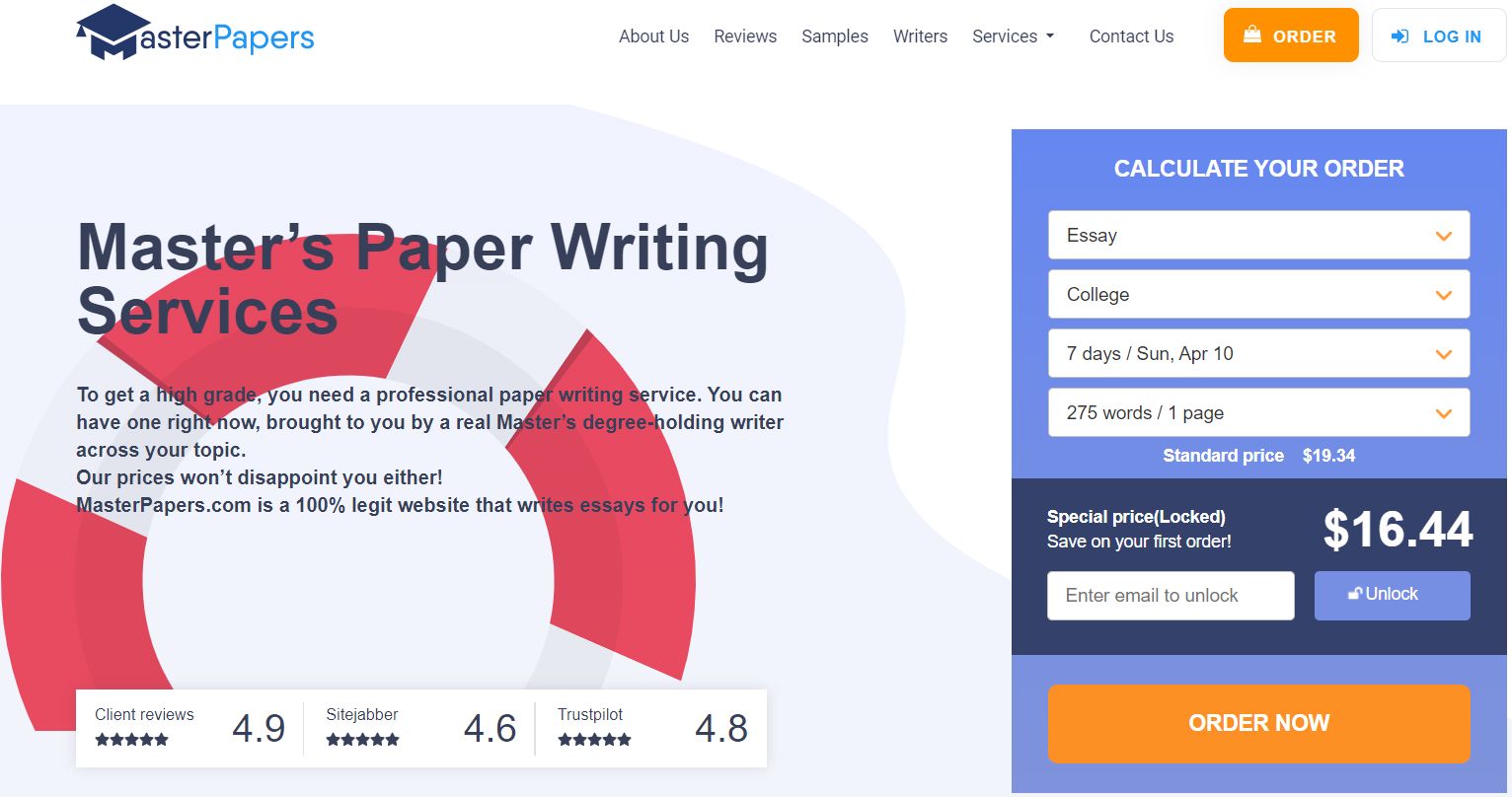American Grad Students are becoming a Scarcity
Publication Date: 18 May 2021
The number of American students in universities of the United States is decreasing. Why is that happening and should this situation be changed?
In US universities 80% of grad students are foreigners. Do you know any American grad student, who is studying abroad? Me neither. Not a wonder, as a majority of Americans prefer to stay in their home country. In particular, 12.1% of US students located abroad are enrolled in an advanced level education.

Young people from India, China, Korea, Turkey, and other countries go abroad to improve their English fluency and enhance cultural integrity. Does a new generation in the United States feel like they are already ruling the world?
Motivation
Education in Asian and Eastern European countries is a lot more sophisticated than it is in the United States.
Successful opinion leaders with no degrees easily justify the laziness of students.
“There is something wrong with our system when I can leave here and make billions of dollars in ten years when millions of students can’t afford to pay off their loans, let alone start a business,” said Mark Zuckerberg, who dropped out of Harvard in his sophomore year.
But we should not blame talented students dropping out of schools. What we should do, is establish the reasons of their decision. They left schools because they knew exactly what are their goals and aims. They could not combine studying with world-changing projects.
‘…if things [Microsoft] hadn’t worked out, I could always go back to school. I was officially on [a] leave [of absence]’.
Bill Gates
Remember each time when we make an easy decision instead of the right one, our brain then gets used to it and we become sloths. Zuckerberg and Gates invested much more in their businesses than any student did in their studying.
Quality education doesn’t seem to be a high priority in the United States. As the economy grows, people can make their living without having a Bachelor’s or a Master’s diploma. You can open a flower shop, a restaurant, or become a photographer.
‘My parents are too demanding. Even my poorest parents demand a world-class education’.
Moon Jae-in, President of South Korea
Cultural differences also play a big role in the perception of education among students. Although some may argue, but the concept of the American Dream still lives in our minds. However, Millennials have their own interpretation of their Dream. They see learning as an experience, as something that they are entitled to. Students from Asian countries show great performance, because their idea of a Dream is drastically different. The majority of them were brought up with the thought, that education is not something that each young kid is entitled to. You need to work hard to gain your degree, to get good grades and success.

You can’t say for sure which approach is right and which is wrong. It is a question of upbringing and culture. But we can let facts speak for themselves: a research conducted by the Programme for International Student Assessment (PISA) revealed that US students have a pretty average ranking among other advanced industrial nations. An assessment of math, reading and science skills shows the proficiency of students in these subjects across the globe. The US is on the 38th place (out of 71 countries) in math and 24th in science. Singapore holds the 1st place, while Hong Kong, Macao, Taiwan, South Korea, Estonia and Finland are among the top 10.
Another part of the puzzle is assessing how are these skills applied in the economy. Mark Zuckerberg’s example is often used by many students a justification of their decision to drop out of college. But as mentioned before, many successful entrepreneurs who have dropped out of college to start their own business or startup are incredibly intelligent and higher education could not accommodate their needs. Mark Zuckerberg, Steve Jobs, Jack Dorsey, Larry Ellison, Bill Gates and many others are a definitely remarkable people, however they are not the rule, rather an exception to the rule.
History is rich for examples. Anyone can find whatever he is looking for.
Master’s Diploma has its Alternatives
The most interesting thing is that high in demand industries, like IT, are especially certification-driven, says Tom Parling, national director of workforce at Pearson. Employees, first of all, look for a specific set of skills and work experience, and Ph.D. appears to be useless in this situation. Short-term certificates generally might be an alternative for graduate degrees.
Far fewer students are going for a social experience, says Clark, senior vice president at Ipsos. Various social media platforms and business listing services make it easier to find people you need and to cooperate with them.
Institute of International Education suggests emphasising on personal qualities in
resumes. Employees are more likely to appreciate leadership, teamwork, problem-solving than degrees.
“The world and the economy are changing in a way that traditional education can’t adapt to. This is education designed to fit your life instead of the other way around.”
Gautam Tambay, CEO and co-founder of Springboard
MOOCs are the new black. More and more students see online courses, certifications and trainings as an alternative to the standard four-year degree. Since 2012 over 25 million people have enrolled in online courses, with 60% of them coming from developed countries. Coursera, EdX, Udemy, Khan Academy, MissionU, Springboard, Degreed, RightSkill are all popular alternatives to college and universities, and these are just ones of the many platforms out there. Why are they becoming more and more appealing? Well, for one there is no need to pay tuition. No tuition means no student loans. Some of them have free online courses, where you only have to pay a ridiculously small amount to get an official certificate, others have monthly and yearly subscription plans. A wide variety of available subjects allows everyone to find the courses that fits their budget and needs. Besides, online remote learning gives many students the opportunity to work and earn money.

Regardless of how attractive all these factors are, MOOCs face criticism and skepticism everyday. The main argument being that mostly students from well developed countries can receive any benefits from online learning. Moreover, those who are against the rising popularity of MOOCs suggest that the acquired skills from online learning cannot begin to compete with the skills, that are acquired when attending a university. However, Harvard research shows that 72% of MOOC participants reported career benefits and 62% reported learning benefits.
So when we say ‘grad students are disappearing from universities’, we should follow it up with a question ‘where are they going instead?’ Even though some may link less students in universities to the reluctance of many to education and learning in general, MOOCs prove that education is still in demand. However, the perception of how to get education and certificates is changing.
Economic Efficiency
As of May, 2018 44 million people collectively have $1.5 trillion of student loans. This is only in the United States. According to recent statistics, each graduate of 2016 has approximately $37,000 in student loans. Yet, we wonder why kids don’t want to get college degrees. Silly question, isn’t it?
Typically, parents sponsor their children to get a Bachelor’s degree, while the advanced level is left for students to pay for themselves. According to the study by Sallie Mae and Ipsos, 53% of costs are covered by student borrowing.

The expenditures often exceed $100k a year. Naturally, everyone would doubt whether it’s worth it. There are a strategy and simple mathematical calculations. If your Master’s degree costs more than your expected first-year wage, there is no reason to take a loan for it, says Mark Schneider, the co-author of the American Enterprise Institute’s January paper “The Master’s as the New Bachelor’s Degree: In Search of the Labor Market Payoff.”
Verdict
The time has come to face the facts: education in its classic sense is becoming more and more irrelevant. Student loans, availability, career skills and many other factors contribute to the need of changing our approach to learning institutions as a whole. We cannot label it as positive or negative. It is simply change that is necessary in our modern world. Unwillingness to accept it only demonstrates stubbornness and conservatism. Rather than putting the blame on students, we ought to seek new solutions to the problem of education in general.






